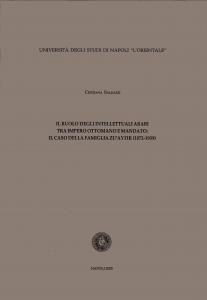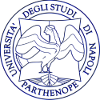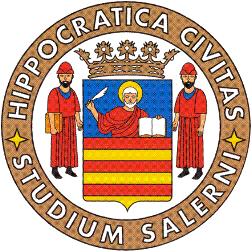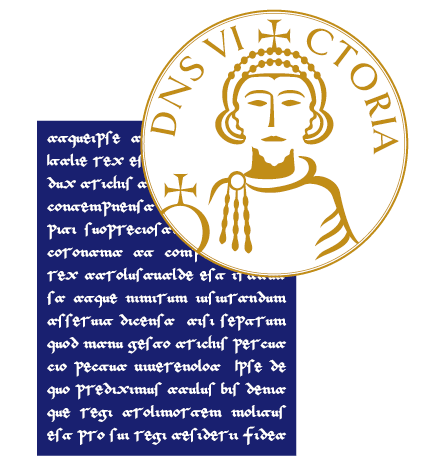The role of Arab intellectuals between the Ottoman Empire and the Mandate: the case of the Zu’aytir family (1872-1939)
Keywords:
Palestine, 19th-20th centuries, Nationalism, Akram Zu’aytir, ‘Adil Zu’aytirSynopsis

Publisher: UniorPress
Series: Dissertationes
ISSN: 1723-8226
Pages: 180
Language: Italian
Abstract: By following the vicissitudes of the Zu’aytir family, the book covers a crucial phase of Palestinian history: the passage from the Ottoman epoch to the period of the British Mandate. By concentrating on the figure of Sheik ‘Umar (1872-1924) and his two sons ‘Adil (1897-1957) and Akram (1909-1996), the book illustrates a particularly representative historical-political period, if not of the whole of Palestinian society, at least of a significant part of it, the ‘middle class’. Although he did not belong to the class of the notables, Sheik ‘Umar – nominated ra‘is al-baladiyya of Nablus, a post reserved, until then, to members of the illustrious families – he managed to insert himself into the webs of power thanks to the support of several family coalitions. His elder son ‘Adil who graduated in jurisprudence from the Sorbonne, took part in some of the first associations of the national press and in 1945 he left the practice of law to devote himself to translations (from Montesquieu to Rousseau, from G. Le Bon to certain European Oriental scholars). His younger son Akram founded in 1931 al-Istiqlal, considered the first Palestinian political party, placing the national question, in the sense of panarabism, at the centre of his public life. For the Zu‘aytirs, as for a large part of the generation of intellectuals and political men of the thirties, the Palestinian question was first and foremost an Arab question. Within this perspective the history of the Zu’aytir family – reconstructed thanks to the diaries of Akram Zu’aytir and to the memoirs of other contemporary political leaders as well as to British documents (PRO) – turns out to be, in itself, representative of the development of nationalism in that it contains in embryonic form the motives that characterize present day Palestinian history with its divisions and disagreements and the endemic dualism that seems to affect the current Palestinian leadership.
Downloads














